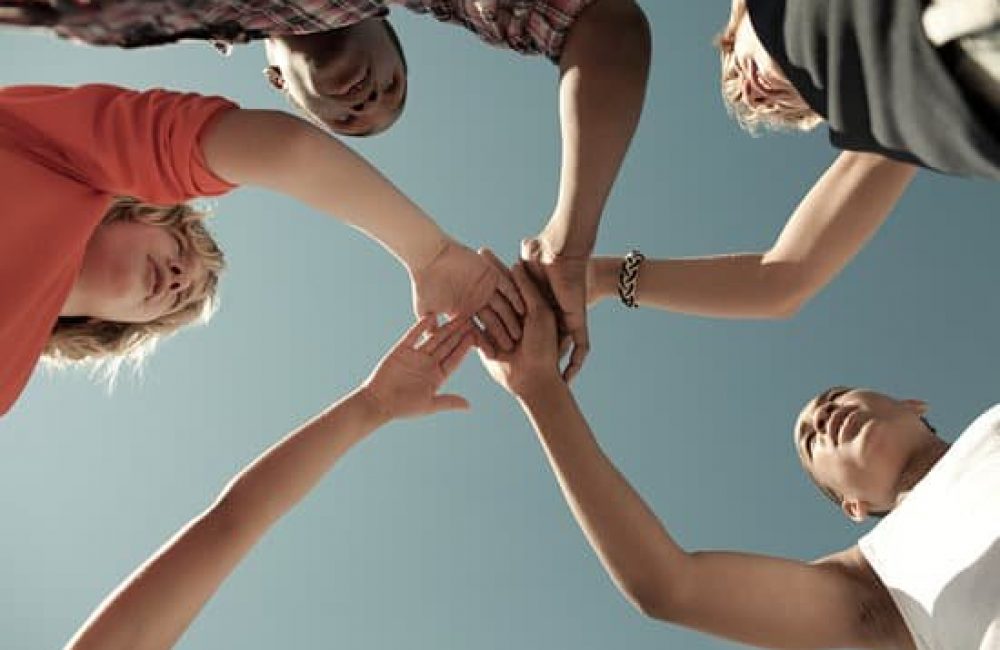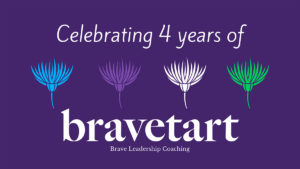So many of us are now faced with finding a way of living and working that can be both challenging and potentially damaging for our mental health. Whether it’s because we are financially restricted to where we can live, bound by contract to work with others, or forced into isolation by a global crisis, the dynamic change affects us all differently.
When we find ourselves in restricted living quarters with people, we often don’t normally share a roof with, including relatives, colleagues, friends or even friends of friends, our normal habits and routines need to change to accommodate newcomers. Regardless of why you are brought together, it’s a challenging time that poses significant risk. So how do we navigate this time and ensure that our mental wellbeing and our relationships survive intact?
By first recognising that you are in a new dynamic and that this will introduce a change for everyone, you can begin to be better prepared for the adjustments that will inevitably come. This is a great time to introduce The Huddle which can be anything from an initial gathering to a regular check-in opportunity and we can use this new habit to create a loving, open and honest environment within which everyone can thrive.
If you’re familiar with the Huddle in a sporting context you’ll know that it’s an opportunity both to strategize but also to celebrate and in times of enforced togetherness (holidays, team building, global crisis) it provides a pivotal point from which everyone can understand the part they have to play.
One of the main reasons that we will begin to see fractures in our relationships is when we are not taking responsibility for our own needs. When we ensure that we have everything we need to be ok, we are better able to adapt to events that may not be entirely to our liking.
For example, if you need 7 hours sleep a night and you’re only getting 5, then you will begin to struggle with having patience, your concentration levels will drop, and you’ll misinterpret information that is shared with you. All it takes is for one unintentional remark and you’re tipped over into rage, sulk or frustrated crying and you’ll really struggle to be the best version of you.
On the other hand, if you’re ok, your needs are being met and you find that someone else behaves in this way, you will quickly be able to assess that their own needs are not being met and might take countermeasures to help support them in getting their needs met.
The Huddle is an opportunity for you all to sit down and create a list of what your needs are, when and how you intend to meet them and to share with your group/family so everyone knows what to look out for (NB it’s a good idea to get a caveat in place that they are not to be used as ammunition in a “you’re not ok, sort your needs out” sort of retort).
What is a need?
A need is something that you must experience in order to feel ok. It isn’t the bar of chocolate or the G&T – sorry, they’re really not a need, however hard you convince yourself they are! Needs are the basic things that allow you to function throughout a period of time and be ok. We are not reaching for excited, fantastic, ecstatic or overjoyed, just ok. The state that you will want to remain in to get through your week and keep your relationships intact.
Your list of needs might include:
- Sleep – how much, when and how (6 hours overnight in a dark room with one 20-minute nap in my favourite chair in the afternoon)
- Hydration – how much, how often, specifically what (water 5 times a day, 1 glass of OJ in the morning, 3 mugs of tea throughout the day (not after 3pm so I can sleep better)
- Exercise – 30 mins every morning (rotating between yoga, running, strengthening, cardio, ideally with someone to keep us both motivated)
- Time outdoors – 1 hour (walking the dog on my own at least 3 times a week)
- Time alone – 1 hour daily (either walking the dog, reading in my room or meditating in the garden)
There will be other needs that you have which may not appear to be needs for others and it’s important that you recognise this. If you have been honest about your weekly massage being something you need to be ok and you’re challenged by others not seeing how it could be, this is the time for honesty and acceptance. Be honest about:
- how the need makes you feel
- how you feel without it
- what the benefit is for others if you can have it
At times where some needs are difficult to achieve (like getting out to have a massage), The Huddle might brainstorm solutions for how that need can be supported.
This is an opportunity to bond with your group/family and support each other, it doesn’t have to be a formal meeting, you can have a bit of fun with it. A friend shared recently that in their version of their Family Huddle, they created a fun character from an onion and their turn to speak came when they were holding the onion.
When introducing this to kids, you can make a craft exercise from it (some big kids might like to do this too). Have everyone create a poster or pie-chart with their needs listed and put them up where everyone can see them. Smaller kids might need some help to know how much sleep they need or how often they need to eat and will need some gentle guidance to agreeing what their actual needs are but by demonstrating your own needs you’ll help them understand what it looks like (watch out for the “Mummy you are grumpy, what need have you not had enough of today?” – they’re always smarter than we think and will love the opportunity to show you how well they’ve understood the exercise!)
Allow the Huddle to take its own form and make space for everyone to participate.
Start building great connections with your people – Huddle up!



